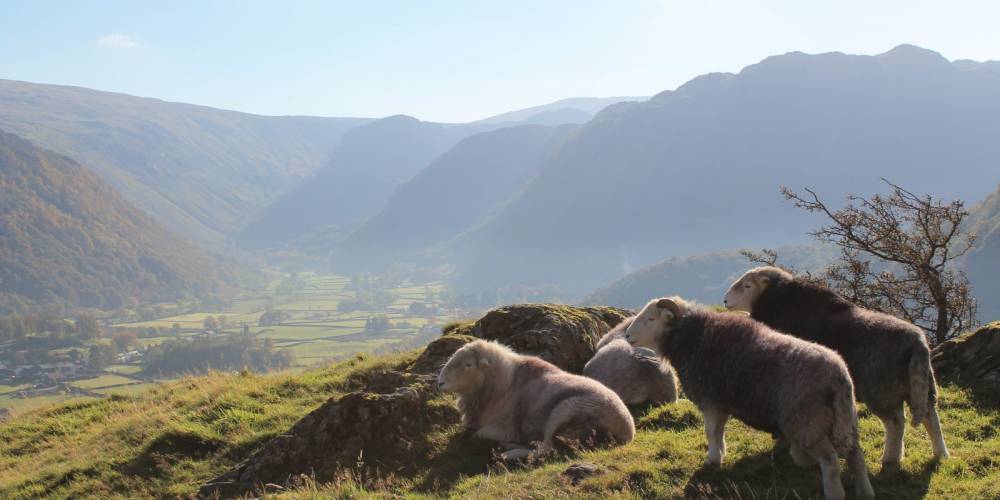
NSA Responds to criticism of Lake District UNESCO World Heritage status
14th July 2017
Thursday 13th July 2017
Dear Editor (of The Guardian newspaper)
George Monbiot could not be more misleading and provocative in his article regarding Unesco granting the Lake District world heritage status. But then outrageous statements and provocation sells books and it should be remembered that this is his business.
It is ironic that he blames sheep, the most gentle and pastoral of all our domestic farm animals, for denuding the countryside when sheep numbers over the last decade have been lower than years previous. For that reason, there are many abandoned and semi-abandoned upland areas where biological richness is being challenged by a dominance of coarse and rough, almost mono, vegetation shrouding out our more delicate flora and denying invertebrates their habitat and food source.
Mr Monbiot’s argument boils down to what type of countryside we want. The one he aspires to is nothing like the countryside most individuals or conservation organisations want and his vision risks a countryside of ‘food factories’ in one area and ‘nature reserves’ in another.
There is no disputing that very little entirely wild land exists in the UK. That is land which has not experienced human intervention by way of farming, grazing or human survival activities. These activities have taken place for thousands of years and it is no surprise that wildlife has evolved and adapted alongside. The curlew and golden plover’s relationship with hay meadows, the skylark and lapwing and their dependency on short vegetation, the butterflies and moths whose life-cycle relies on grassland and the hares and other mammals which thrive on open spaces. All these birds, mammals and invertebrates have a symbiotic relationship with farming, particularly so to the traditional farming practised in places like the Lake District.
Pressure has been put on our farming methods, forcing them to become more efficient to meet modern supply chain needs. I am not denying we should have recognised the delicate nature of the traditional upland farming methods and its intricate relationship with other living things surrounding it, but there is some excellent, on-going work being done to create demand for the unique products, food and breeding stock, which come from these upland farms.
NSA believes the farming community are central to this heritage in the Lake District and will continue to support sheep farmers in upland areas and the rest of the UK in promotion of their industry. To achieve a world heritage site status is an admirable, well-deserved achievement for this iconic region of the UK.
Yours sincerely
Phil Stocker
National Sheep Association Chief Executive


